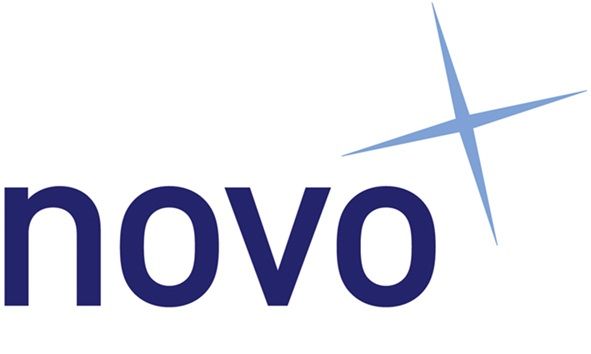Some Things to Consider Before You Decide to Promote Someone

When a company grows quickly and talent is in short supply, the pressure to promote people is high. Here are six things to consider before you do.
Over the last two decades, I’ve worked with hundreds of founders and CEOs of high-growth companies, helping them with strategy development and execution. And while we can come up with amazingly effective ideas for how to grow the business and highly developed processes for scaling the companies, the one challenge they all end up facing is finding enough of the right talent quickly.
The fact is, talent quickly becomes the limiting constraint for many high-growth companies. And the biggest demand is for management and leadership. As a company grows from a few dozen to a few hundred people, finding the right people who can manage teams and departments becomes more and more difficult. One of the common strategies for these companies is to promote from within their existing ranks and then backfill with new, entry-level talent. It’s a good strategy when it works, but too often I see companies promoting the wrong people into the wrong roles, and suffering because of it.
Here are six questions I ask when a leader is thinking about promoting someone into a management or executive role. While the answers don’t need to be perfect, they will help you understand where you’ll face challenges and need to provide support.
1. Do they really want it?
The first thing to consider is if your prospect really wants the new role. While people always want to advance and feel like they’re making progress, you’ll want to make sure that this is really the role for them. This might take some digging and frank conversation, but make sure you ask the question. Too often I’ve seen someone promoted because they were “perfect for the job,” only to find out that they took the role under duress and miss their old position. Without a real desire and internal motivation to take on the role, the results will be lackluster at best.
2. Can they manage themselves?
Moving up the management ladder will mean more projects, more people, more issues, and more demands. If someone hasn’t developed the skills to deal with multiple–and at times conflicting–priorities and learned how to allocate their time effectively, they can quickly become overwhelmed and ineffective. Make sure they have the management skills to take on these new challenges.
3. Do they have the skills?
If the promotion you’re considering involves new skills and capabilities, you need to make sure they are trained and ready. Moving someone into a management role that requires project budgeting and forecasting when the person doesn’t know how to use a spreadsheet will be a disaster. While many of these skills are trainable, make sure you know the gaps and have a plan before making the decision. When promoting someone with clear deficiencies, make their training part of their development plan and set specific goals.
4. Can they manage people?
The classic misstep many companies make is taking a starting player and making them a manager. Just because someone is a great salesperson or a brilliant coder, that doesn’t mean they will make a great team manager. In fact, the best technical people often make horrible managers because their expectations and standards are far beyond anyone else on the team. Make sure they have the people skills to lead the team before you put them in charge.
5. Do they embrace the culture?
One of the big risks in promoting someone is that the promotion gives them a much bigger impact on the culture of the company. If they are not a good cultural fit, you’ll be exacerbating the problem by giving them a more powerful and influential role. And you’ll be sending a message to the team that this person represents what is acceptable within the organization. If your employee doesn’t reflect your company’s desired culture, think twice before promoting them.
6. Can they make strategic decisions?
As you move up from individual contributor to management and leadership, one of the big changes is your shift in focus from day-to-day operations and tactics to strategy and long-term thinking. Before you move someone up the ladder, make sure can think strategically and see the system-level perspective of the business. Much of this is trainable, but be aware of how much work it will take to get someone to the level you need.
Promoting from within existing ranks is a highly effective and desirable strategy for most organizations much of the time. You know the person well, can assess their capabilities more easily, and can determine culture fit with a high degree of confidence. But if you promote without asking yourself these six questions, you’ll likely run into problems down the road.
Originally published on @Inc https://www.inc.com/bruce-eckfeldt/some-things-to-consider-before-you-decide-to-promote-someone.html












